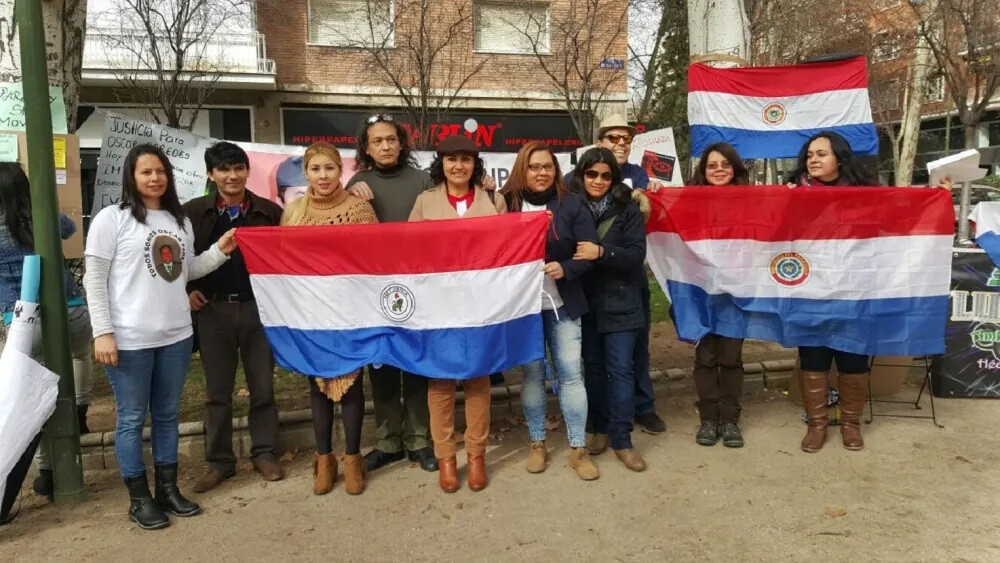
In 2024, a total of 5,377 Paraguayans acquired Spanish nationality through residency in Spain. This figure was released by the Permanent Immigration Observatory (OPI) under the Spanish Ministry of Inclusion, Social Security and Migration, representing a significant portion of the total 221,805 individuals who obtained Spanish nationality.
Analysis of Spanish Nationality Acquisitions
In 2024, the total number of nationality grants through residency in Spain was 221,805, which is an 8.9% decrease compared to 243,481 in 2023. Nevertheless, this marks the third-highest figure since relevant statistics began being compiled in 2009. This reflects a consistent upward trend in Spanish nationality acquisitions in recent years, largely attributed to technical improvements in the review process. The all-time high was recorded in 2013, with 261,295 individuals.
By gender, women accounted for 57% of all nationality acquisitions, and the average age of foreigners who obtained nationality was 34, indicating a relatively young demographic.
Overwhelming Proportion of Ibero-American Origin
An analysis of the nationalities of new citizens reveals an overwhelming proportion from Ibero-America (Latin American countries and Iberian Peninsula countries like Spain/Portugal). Most of the top 15 countries for nationality acquisitions in 2024 were Ibero-American nations, with the exceptions of Morocco (2nd) and Romania (12th).
The country with the highest number of nationality acquisitions was Venezuela (33,021 individuals), followed by Morocco (29,033), and Colombia (27,946). Other significant countries included Honduras (13,915), Peru (10,799), Ecuador (9,925), Argentina (9,165), Dominican Republic (8,012), Cuba (7,806), Bolivia (6,977), and Nicaragua (6,285). Paraguay ranked 12th with 5,377 individuals.
Nationality Requirements and Procedures
Spanish nationality acquisition primarily occurs by fulfilling residency periods. 61% of all new citizens obtained nationality after two years of legal residency in Spain, a condition that mainly applies to individuals from Ibero-American countries. These nations have particularly close historical and cultural ties with Spain, leading to more relaxed nationality requirements compared to non-Ibero-American countries.
A shortened residency period of one year accounted for 24% of acquisitions. This category includes individuals born in Spain (32,572), those married to a Spanish national (20,185), and children or grandchildren of Spanish nationals (637).
Conversely, only 13% of acquisitions were granted after 10 years of legal residency, with 99% of these being Moroccan nationals. Only 17 individuals obtained nationality after five years of residency through asylum.
In addition to residency, Spanish nationality can be acquired through various other means, including birth, naturalization (Carta de Naturaleza), option (Opción), and possession of status (Posesión de Estado). However, comprehensive statistics encompassing all these acquisition pathways are not currently officially compiled.
The current trend in Spanish nationality grants indicates active social integration of immigrants into Spanish society, particularly highlighting strengthening ties with Ibero-American countries. The Spanish government anticipates that this trend will continue, driven by increased efficiency in nationality review procedures through technical improvements.
[Copyright (c) Global Economic Times. All Rights Reserved.]




























